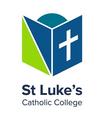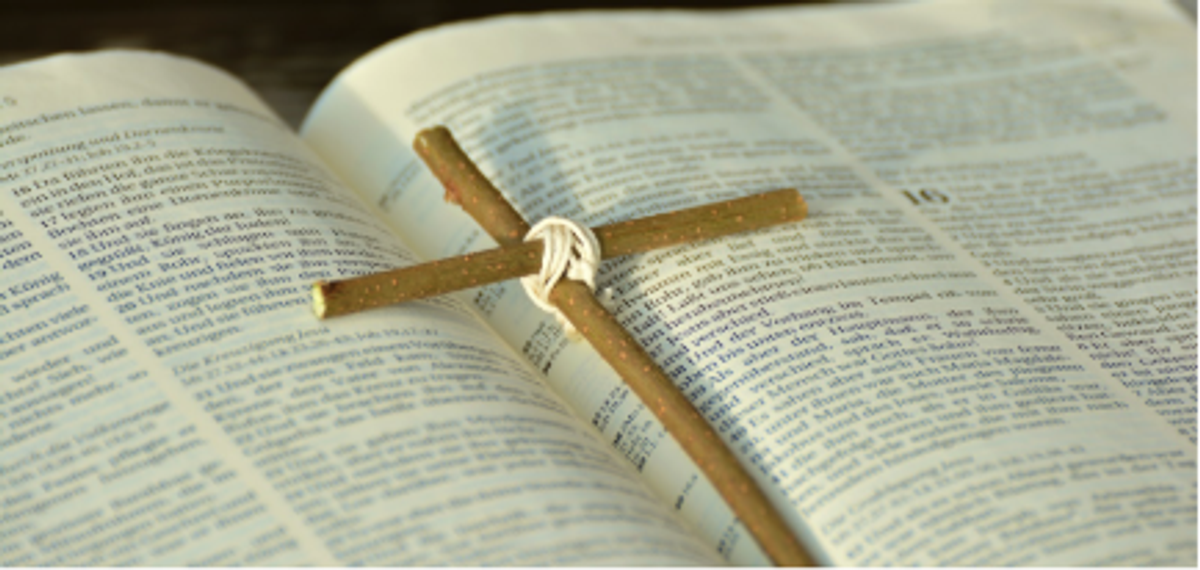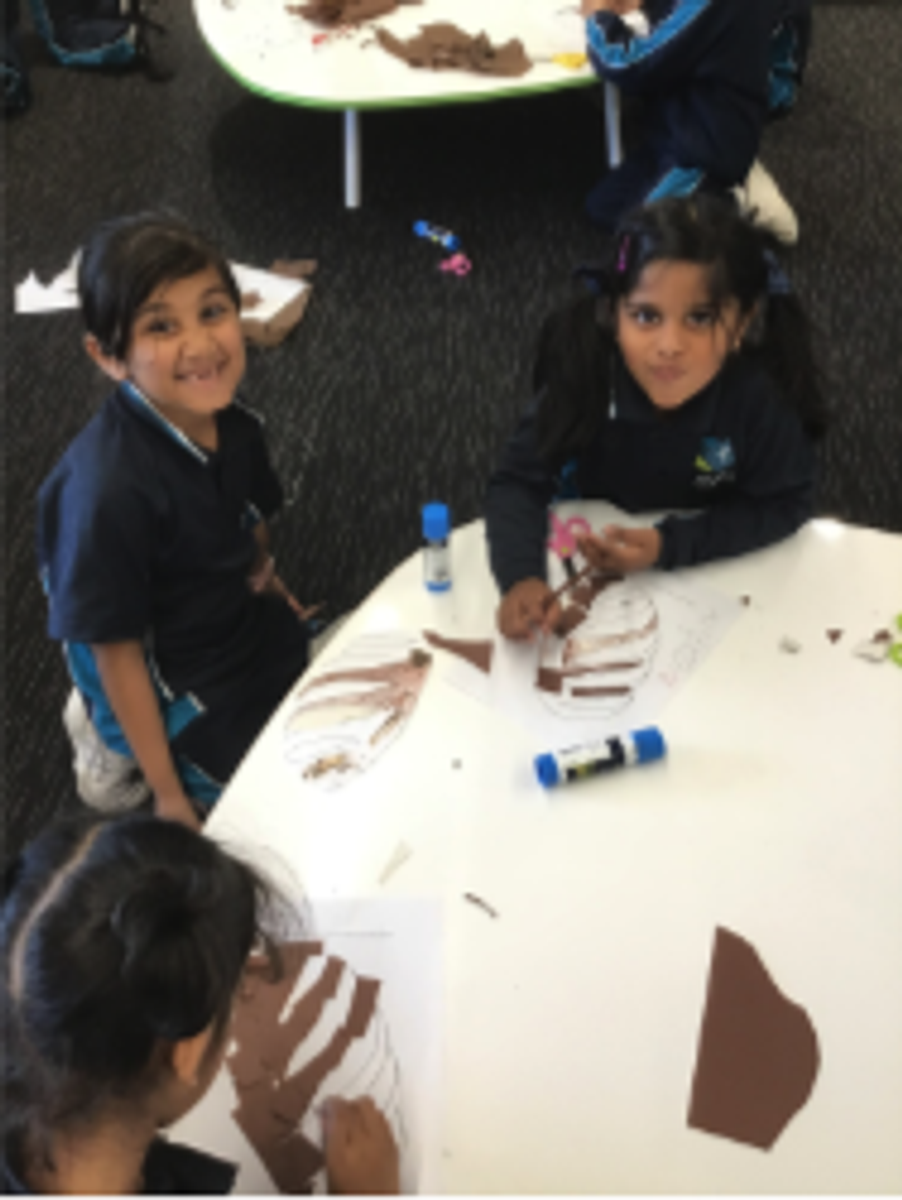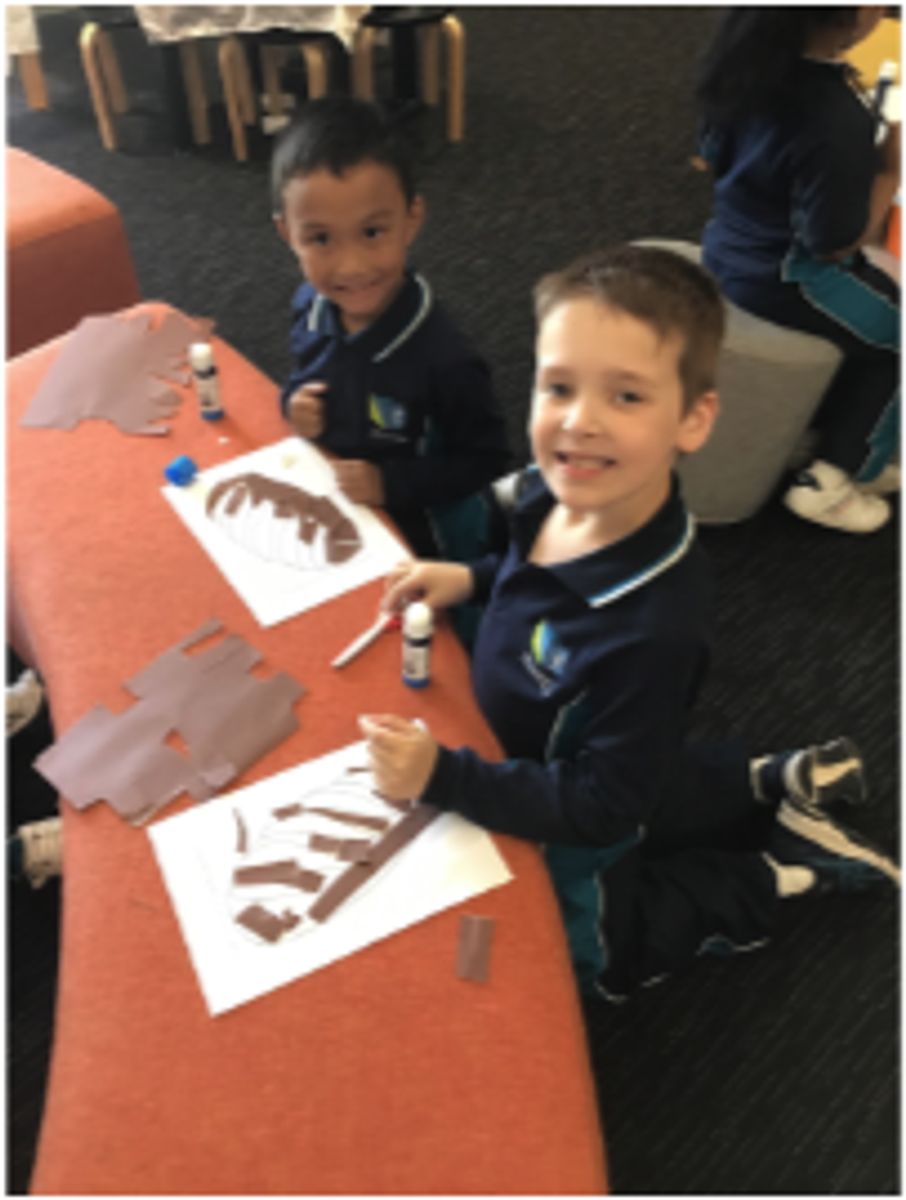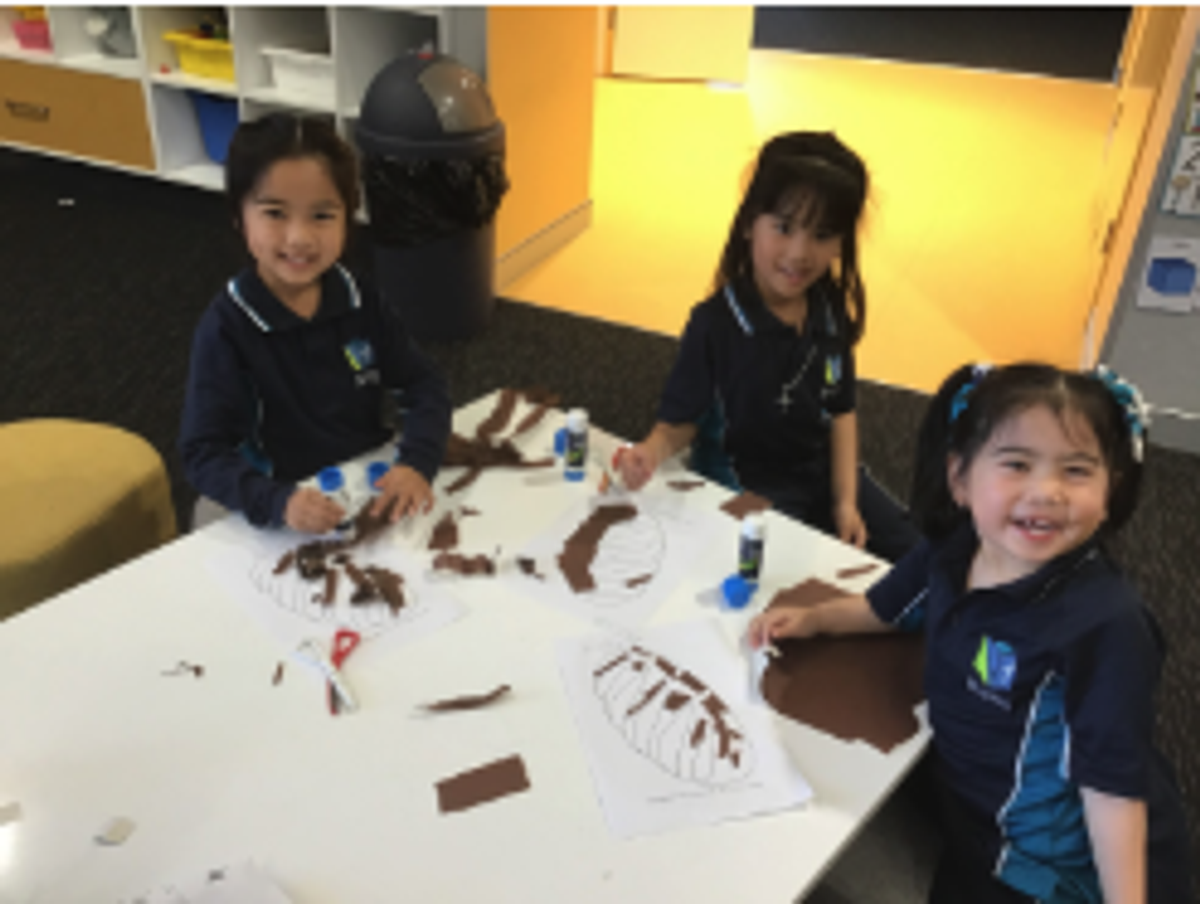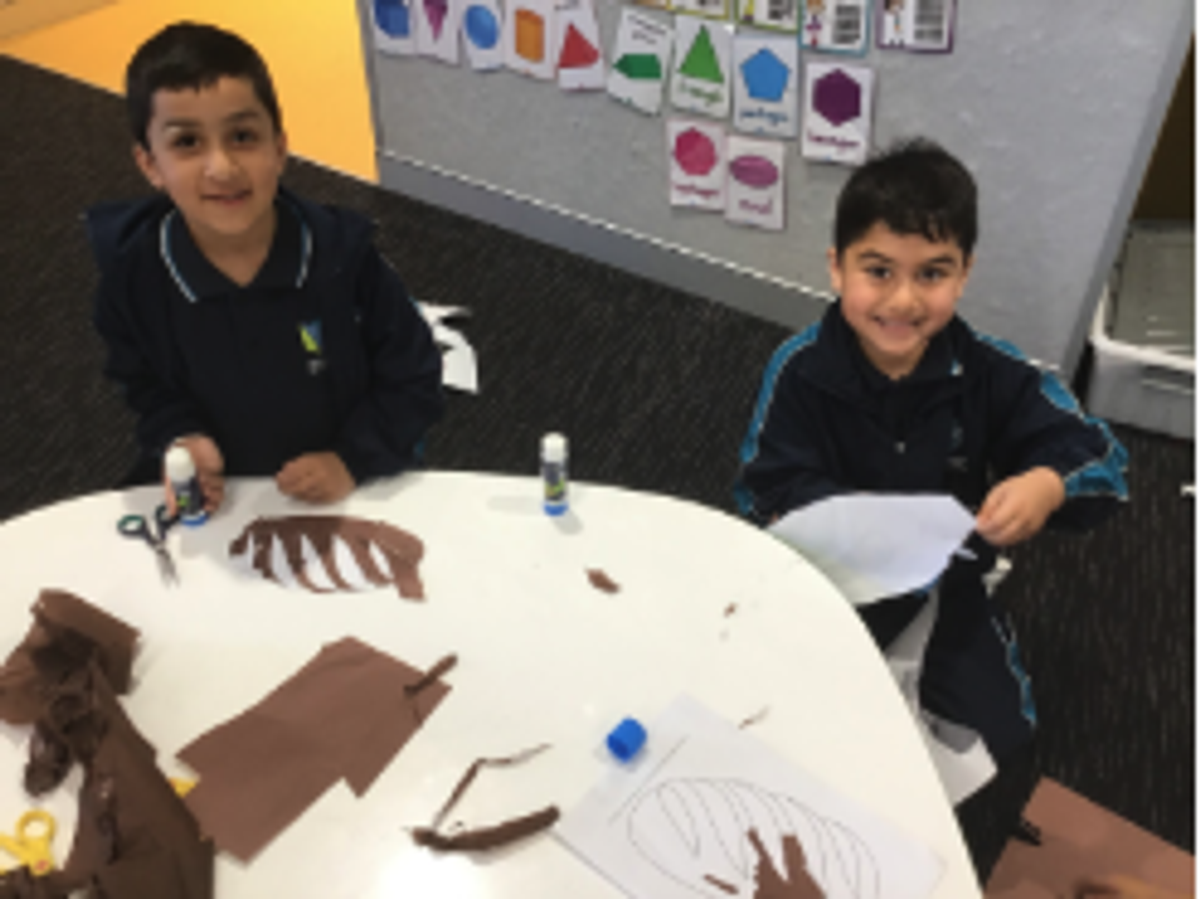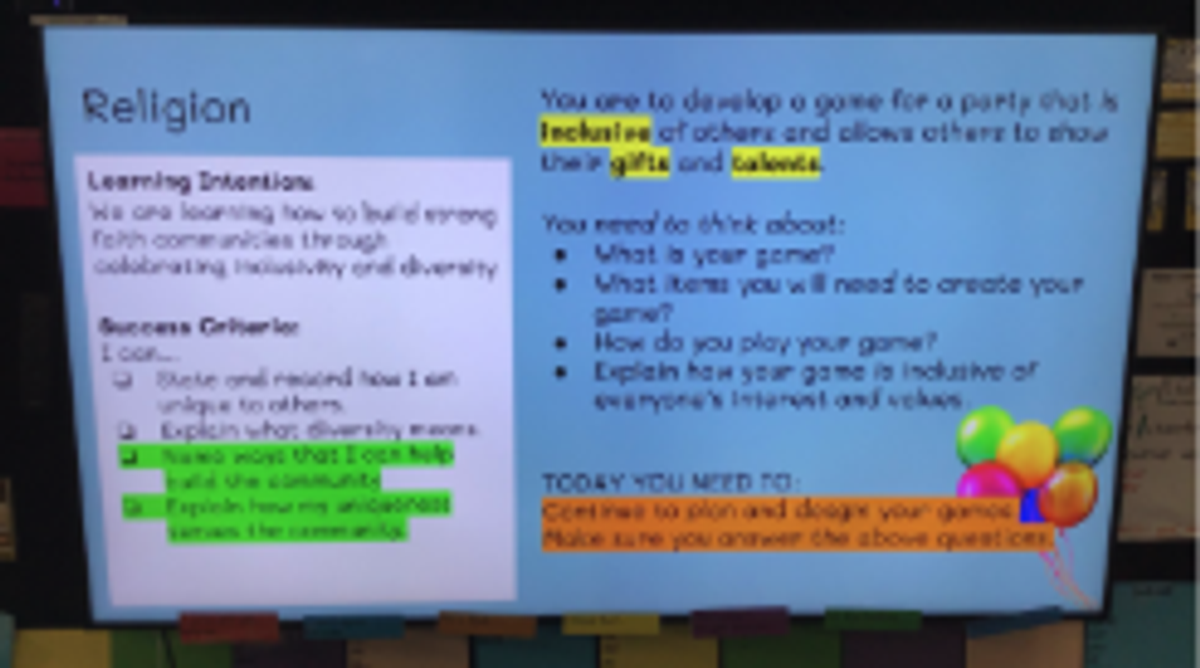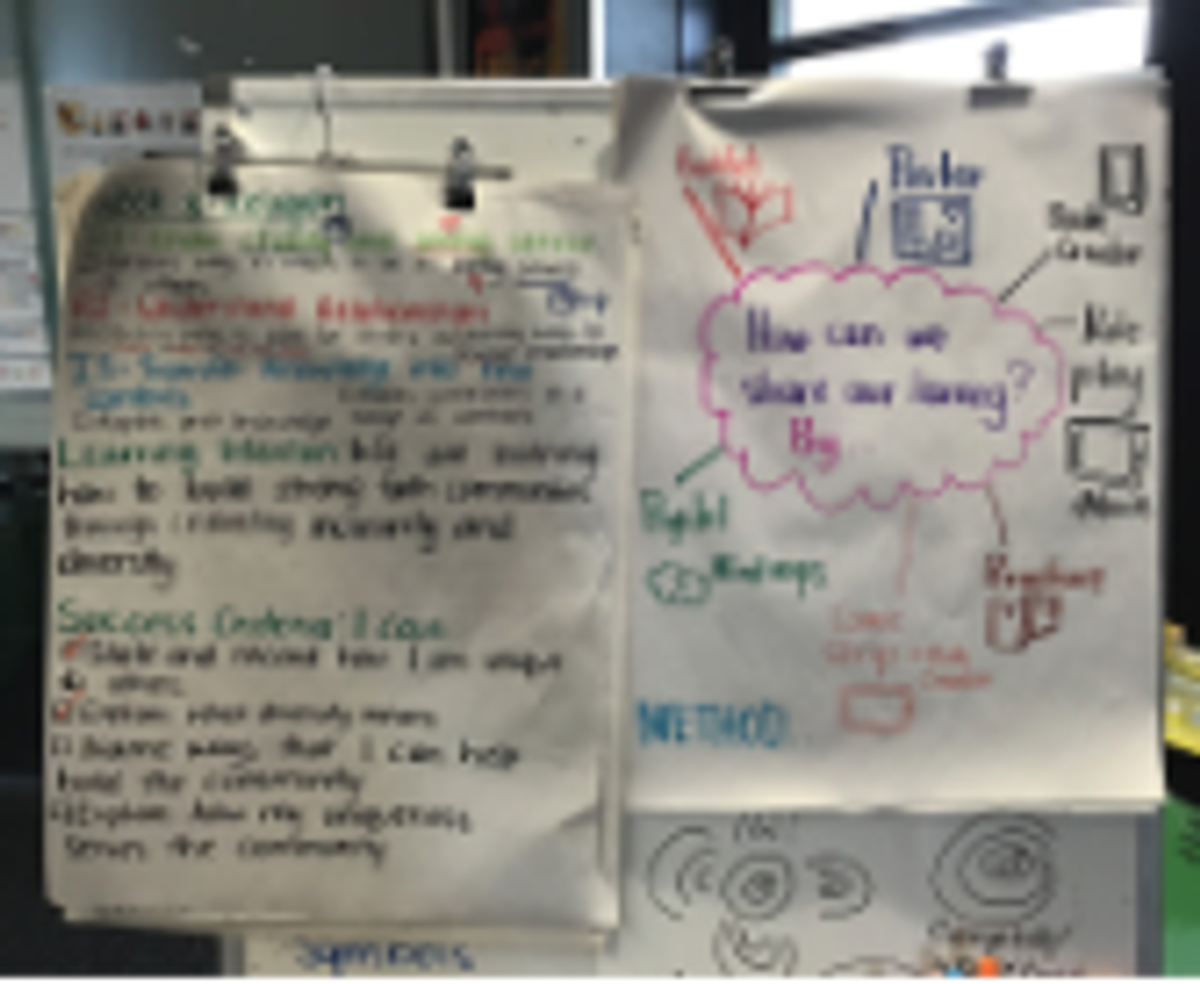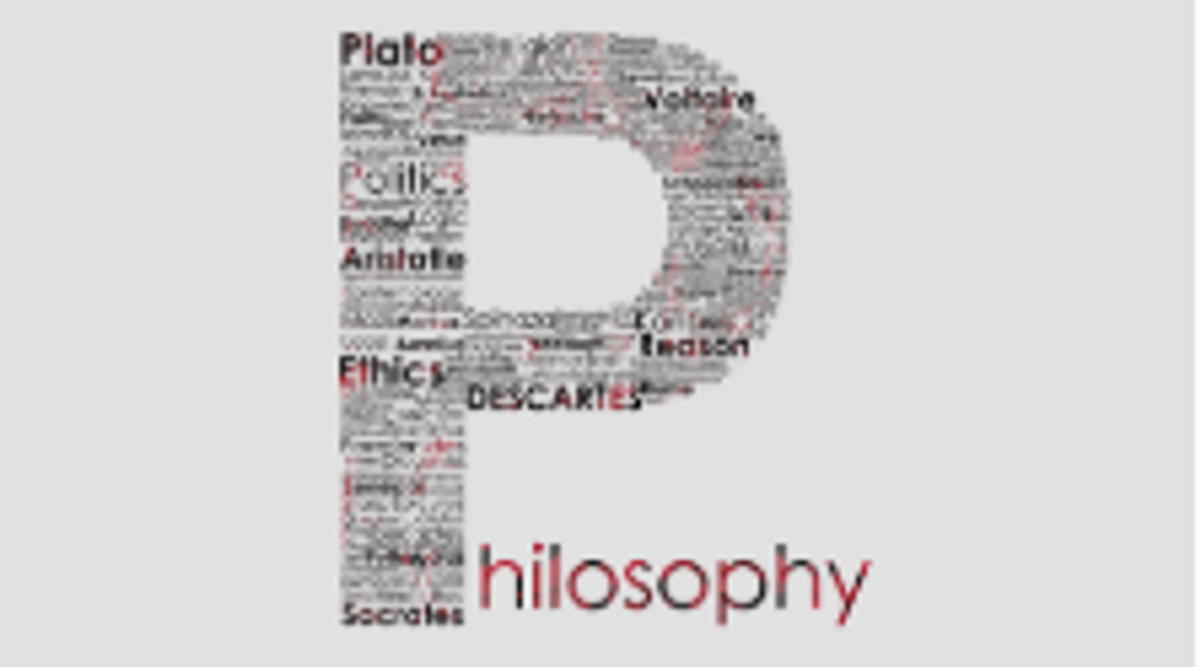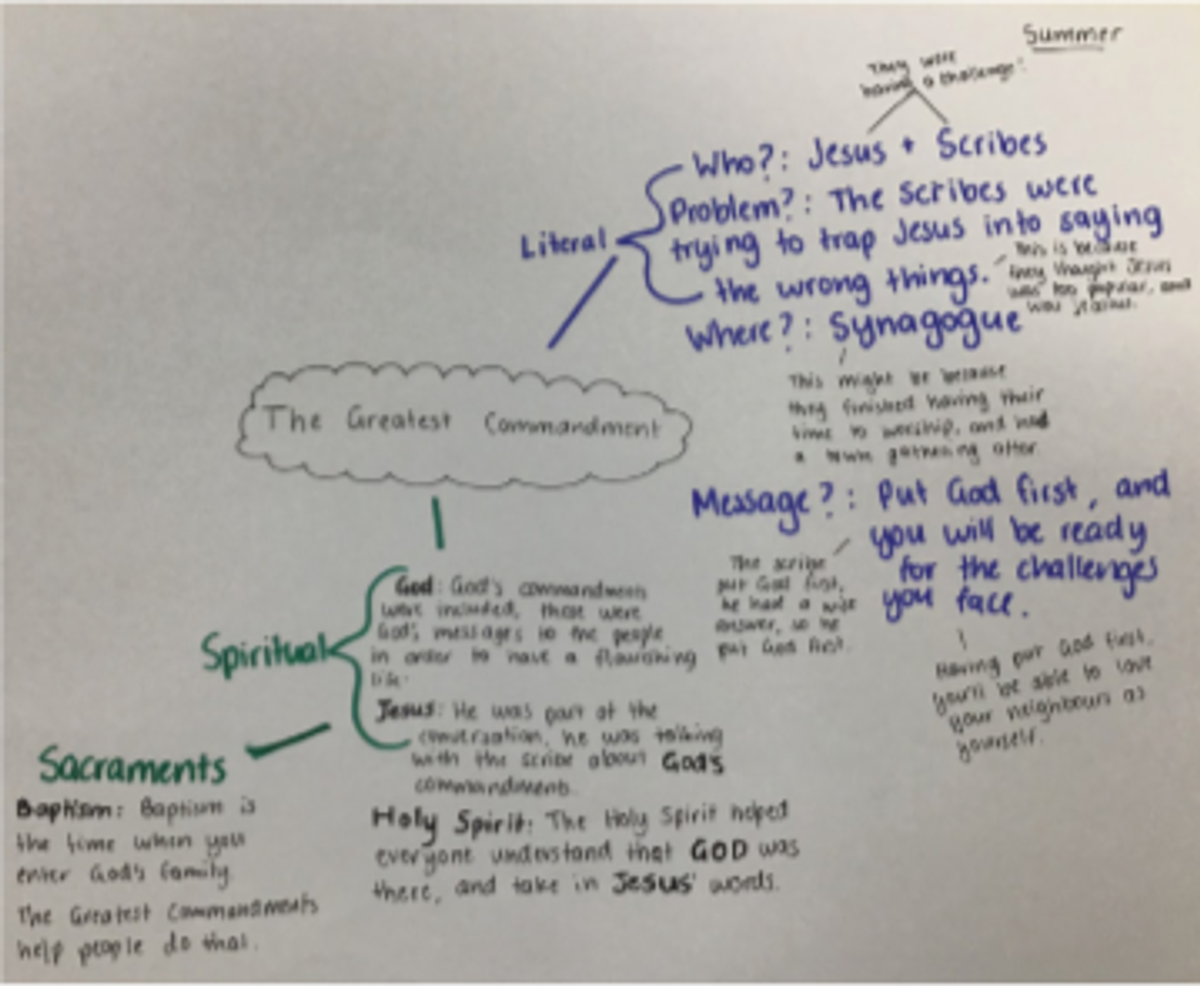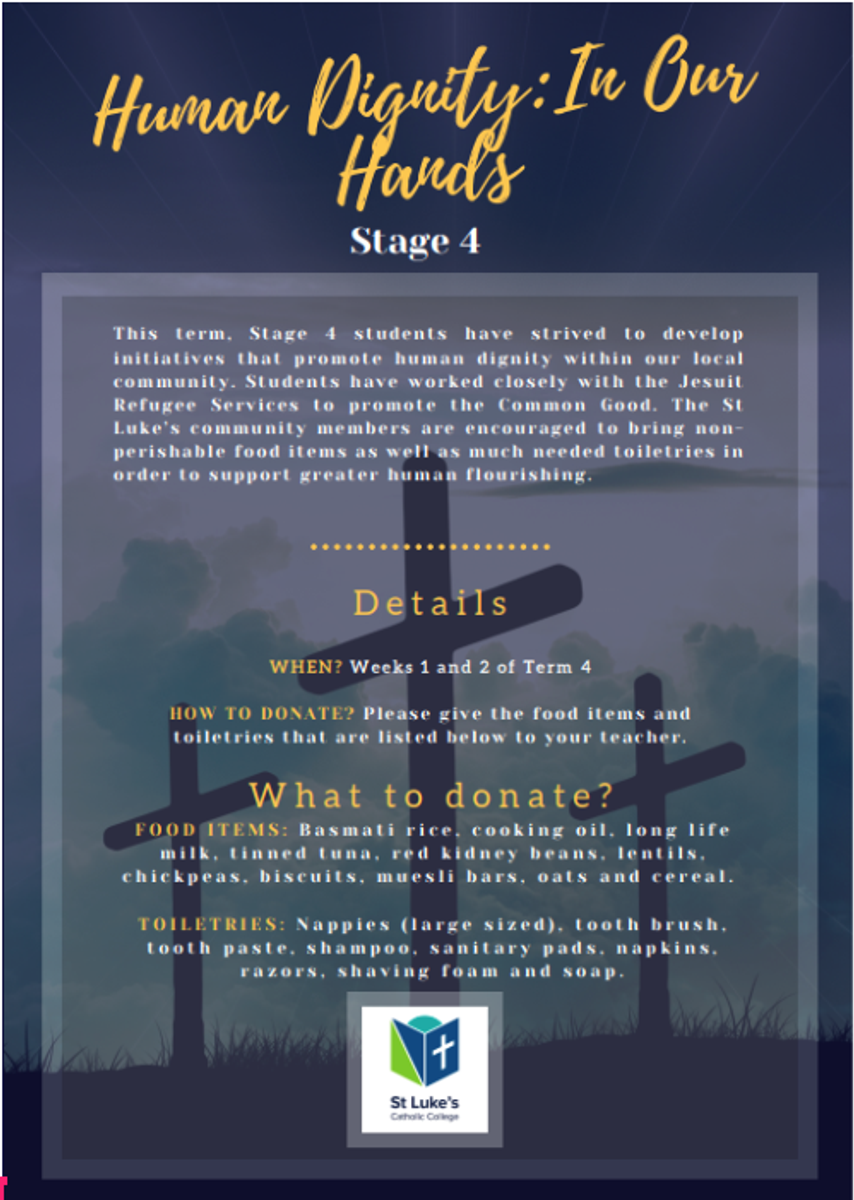Mission
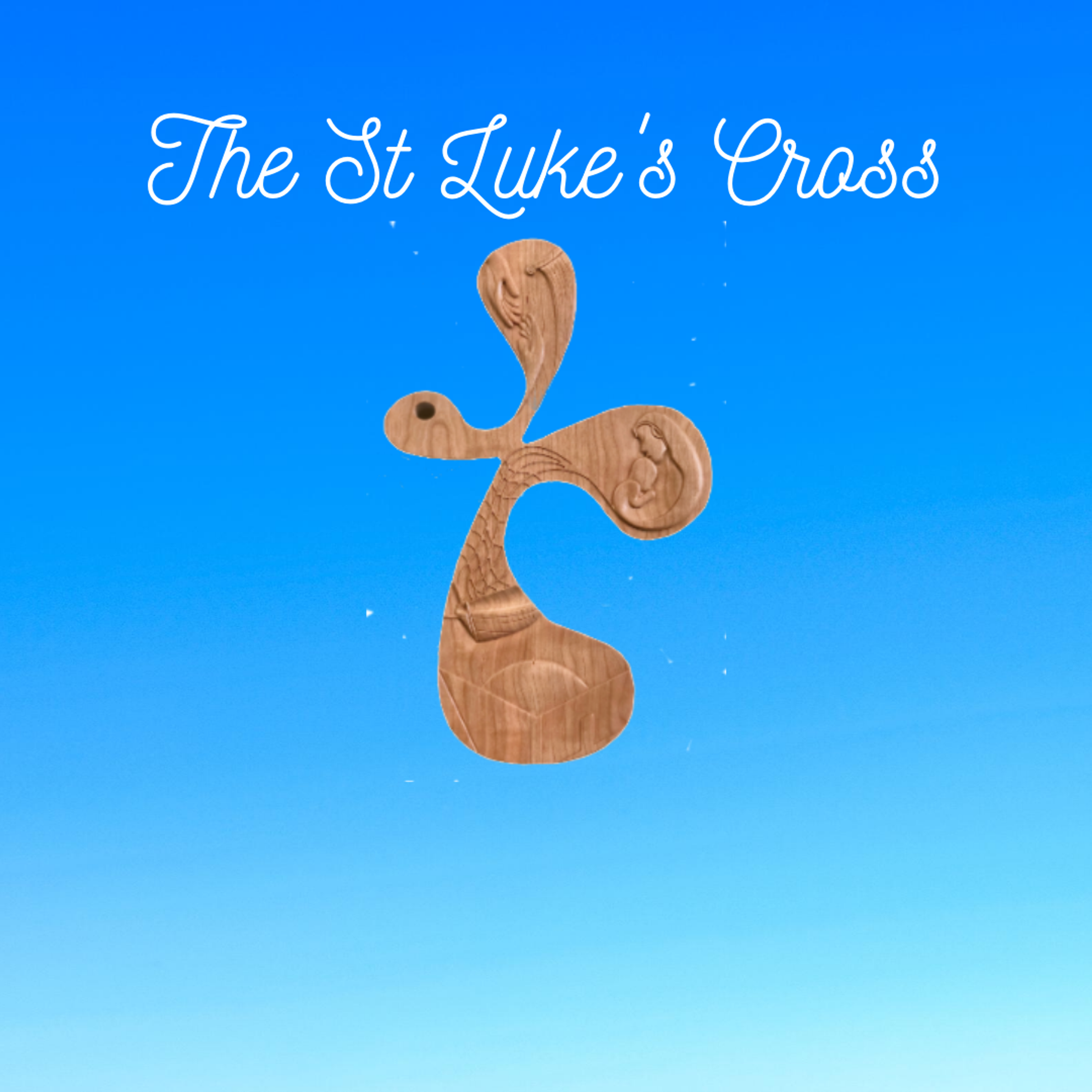
Religious Education in the Parramatta Diocese is in the process of being updated, meeting students where they are at.
According to Bishop Vincent “
The essence of the new curriculum speaks of ‘the hope that is within,’ with a focus upon educating head, heart and hands. It articulates the radical teaching of Jesus Christ. With Pope Francis and the whole diocesan community, we strive to ensure that every young person experiences a joyful, blessed, transformational and transcendent education. The curriculum is indeed a ‘gateway,’ one that helps our young people grow in their Catholic faith and liberates them to live their lives to the full, as Jesus said, ‘I have come that you may have life and have it to the full.’ (John 10:10.)
With this in mind following you will find some highlights of the students faith journey from Early Stage 1 to Stage 5
Letter from Very Rev Chris de Souza
Please find attached an additional letter from Very Rev Chris de Souza Vicar General Episcopal Vicar for Education & Formation
The Well
Catholic Youth Parramatta connects youth and young adults of Western Sydney & the Blue Mountains with the Church through events, quality formation programs & local youth groups”. They have recently developed a new platform called “The Well” which caters to all age groups. “The Well” CYP provides content to engage all of God’s people. To see what is on offer please visit www.thewell.org.au.
Reconciliation
We would like to send our prayers and blessings to the 40 students and families preparing for Reconciliation next Wednesday, September 23.
A Prayer for our Reconciliation Candidates
Loving God help us to teach our children that you love us totally and unconditionally.
Help us to encourage our children to grow in love and to learn how to say sorry, knowing that you always forgive.
Give us the courage to pray with our children and to share our faith with them as we journey together.
We ask this through Christ our Lord.
Amen
St Luke’s Feast Day
The Feast of St Luke is October 18. This year St Luke’s Catholic College will be celebrating this on Friday October 16. Due to COVID 19 this day will look a lot different this year.
Early Stage One
Students have been exploring the driving question
‘What is church?’
As part of this learning cycle, the students have been learning about the story ‘Jesus feeds the Five Thousand’. This week we have been preparing for our liturgy by creating our own fish and loaves of bread to display on the prayer table.
Leading up to the liturgy students have been busy sharing ideas through making a poster about what they think would be needed in a class liturgy. Students then created prayers to share with others in their stage Liturgy.
Stage One
Students have been busy working on their class project that will help them understand the driving question of “Why do we belong to communities?”
The task is - We are having a class party and you have been asked to think of a game that includes everyone’s interests and values. |
To begin the students had to survey each other to determine what games their classmates would like at a party. Then each small group of students worked together to decide what the best game would be from their data and that was inclusive of others.
The main focus is around ensuring the game each small group has chosen is inclusive of everyone’s interests and needs. We have also been reflecting on our Bible story “Jesus is Baptised” (Matthew 3:13-17) and relating the message of belonging to God’s family to help guide us in our project to include everyone!
Stage Two
In Religion, the students have been busy exploring and unpacking the driving question of “Why are people hungry in a world full of plenty?”
One of their learning tasks has been to research various religious festivals and then link this together with sharing meals with others. This is in response to learning about the essential criteria of “A shared meal, breaking bread together, builds intentional faith communities”.
Students are currently working on a project that will share their knowledge gained in this learning cycle. They are working collaboratively to create a presentation to answer the driving question “Why are people hungry in a world full of plenty?”
The students have been using a range of methods to share their thinking such as creating posters, dramatising, making Slide presentations and iMovies.
This term, Stage 2 looked at the scripture passage 'Jesus sends out the Twelve Apostles' Matthew 10:1-8. We analysed the passage using the literal, spiritual and application senses of scripture and learnt that we too are called to live like Jesus, just as Jesus sent his disciples out to do. Stage 2 are using our knowledge from this passage to answer the following driving question 'Why are people hungry in a world full of plenty?' Stage 2 have researched reasons why people in our world are starving and are working in groups to develop a solution to this problem.
Stage 3 - Religion
In RE, Stage 3 has been learning about the Beatitudes, the Cardinal and Theological virtues and the Greatest Commandment in relation to human flourishing. This is supporting their learning about Philosophy, and how we can inform our personal philosophy using Jesus’ teaching. Students unpacked Scripture passages at the three levels: Literal, Spiritual and Application to deepen their understanding on these concepts. Through this process, students are starting to understand the context and teachings of Jesus, and how they can use them to guide them in their daily lives.
Stage 4 - Religious Education
In Term 3. Stage 4 students have been exploring the concept of ‘Human Dignity’ in Religious Education. During lessons, students were provided with opportunities to understand challenges of upholding human dignity in the contemporary age. They were awakened to the profound insights of Catholic Social Teaching (CST) and Scripture passages for liberation and human dignity.
The purpose of this term’s project is to enable students to be advocates for Human Dignity so that they promote common good in the community.
Students have been researching different organisations that promote common good through their social justice initiatives. Week 8 had been dedicated to pitch their first round of proposals to their RE teachers. The short-listed proposals were presented to the members of the leadership panel in Week 9. The project themes were Poverty, Disability, Homelessness, Refugees/Asylum Seekers and Women’s rights and empowerment. In Week 10, students will be preparing in groups, their 45-minute interactive activity-based lessons. These lessons will be delivered to students from Stages 2, 3 and 5 by Stage 4 students on Friday, 16th October 2020 as part of the St Luke’s Feast Day activity.
Students from all classes will be donating non-perishable food items and toiletries to support the Jesuit Refugee Services (JRS) that caters to the needs of refugees and asylum seekers. Please see the flyer below for more details.
Stage 5 - Religious Education
Students in stage 5 have been addressing the driving question:
How does land, culture and spirituality connect with each of us?
The students have been exposed to a great deal of new learning. Mikaela Alano in her Blog has reflected on this learning cycle. Here is an extract of her work.
In another one of our religion lessons, we focused on how Indigenous Australians search for meaning. I gained an understanding of this and learnt that Indigenous people find meaning in the land, which is seen as the “core essence of Indigenous spirituality”, this also translates into The Dreaming. In my benchmark task I wrote that “The Dreaming acts as the Indigenous people’s collection of stories, these stories are derived from the land and give meaning to creation and all living things. By looking at the Dreaming, we are able to fully understand Aboriginal beliefs and culture. This is because Aboriginal’s believe that every living thing is connected to the land and that they all are connected to ancestral spirits that were on earth before them.”. Which explicitly depicts where Indigenous people find meaning in their lives, which is quite different from how ‘normal’ people find meaning in things. Ordinary people find meaning in materialistic things in contrast to people of the Indigenous culture who find meaning all around them. Which is something I believe we should take into account as well and practice in our everyday lives, appreciating all the little things. This also shapes an Indigenous person’s identity, shaping them to be the best version of themselves. In my response, I had written “Your tribe’s totem also reflects your characteristics and allows you to have the inner strength to face challenges. Therefore shaping a person’s identity. By understanding Aboriginal identity and culture, we are better able to explore the meaning of life through the Aboriginal’s perspective.”. This is something that I was able to learn through the small incursion we had with Josh, who is the Indigenous representative of the Parramatta Diocese. With his knowledge and input, we as a class were able to understand how Indigenous Australians search for meaning. In addition to this, I was able to learn how we can learn from Indigenous Australians and create a more profound relationship with them and the land. In my response, I also wrote “By making sure that we are educated on indigenous beliefs we are able to be a voice for Aboriginal people and for those who are marginalised in our community. We can do this by applying indigenous practices at our schools so that we can pay respect to the Aboriginal people of Australia in a suitable way, or we can even teach younger students on the importance of the Dreaming stories. Small things like these can help make a big difference in the long run so that we are able to understand the indigenous culture and they are able to have the respect they deserve as custodians of our land.”. In my personal opinion, the most important lesson I have learnt from the Indigenous people of Australia is how much they care and nurture the environment, in my response I had written: “We can learn so much and secure a beautiful and healthy world for the future by deepening our understanding of indigenous spirituality, allowing us to develop a deeper sense of self that is aware of the world around us.”. This explains how I was able to explain how Indigenous Australians search for meaning.
The College will be celebrating NAIDOC week in November and with the extensive learning around Indigenous Spirituality Year 9 will be facilitating activities related to Indigenous Dreamings for the entire school. The Theme for NAIDOC week is “Always was, always will be”. To emphasise this theme Year 9 will focus on Indigenous Dreamings and will support the tradition of passing these on with all students from the CELC up to Stage 4.
